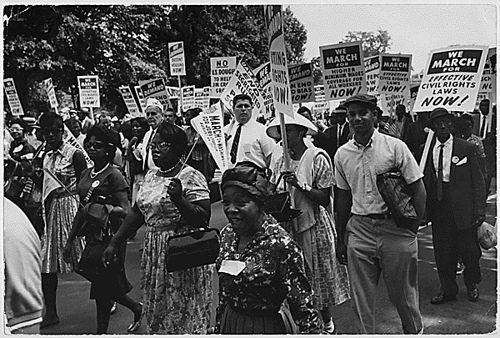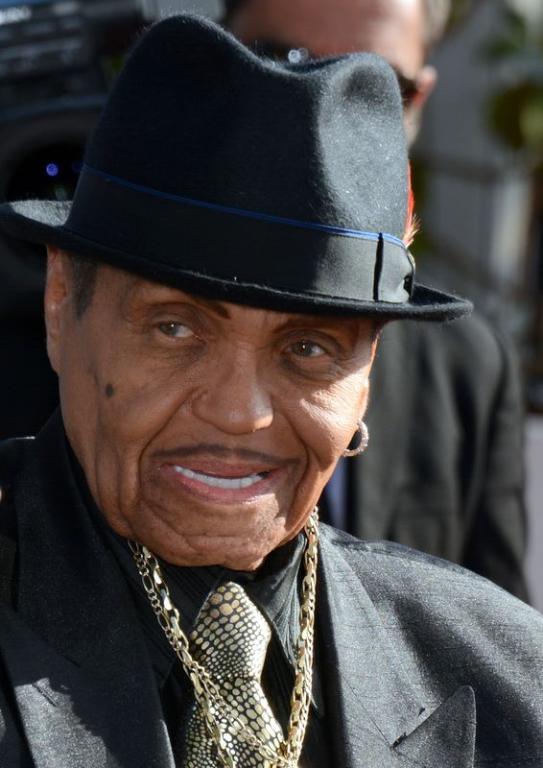 Dorothy Cotton, a civil rights leader who worked with Reverend Martin Luther King, Jr., has passed away at the age of 88. She had been battling illness recently and died in her retirement home in Ithaca, New York on Sunday, June 10, 2018.
Dorothy Cotton, a civil rights leader who worked with Reverend Martin Luther King, Jr., has passed away at the age of 88. She had been battling illness recently and died in her retirement home in Ithaca, New York on Sunday, June 10, 2018.
Cotton first met King in 1960 when he was preaching at her church in Virginia. From there, the two began working to organize peaceful protests in conjunction with the Southern Christian Leadership Conference. Cotton became one of the few women in high-level positions in the SCLC and served as educational director.
Cotton said that many people both today and during the civil rights movement are unaware how much work was done behind the scenes of those famous peaceful protests. “They couldn’t really know about it because it was not something we could publicize,” said Cotton. Publicity, she pointed out, would have led to those who preferred the status quo shutting down those who worked to organize the protests.
In addition to helping organize protests, Cotton took a keen interest in education. That interest would lead her to become an unsung hero for the civil rights movement. Cotton led the Citizen Education Program which was described as helping “ordinary people identify what was intolerable in their circumstances, envision the change they desired, learn their civil rights [and] prepare for democratic engagement.” This involved, in part, teaching Southern blacks how to organize their communities, increase voter registration and stand up for their constitutional rights.
The Citizen Education Program is rarely discussed, however, in part because it was deliberately kept in the background during the civil rights movement. Cotton said that her work was left unpublicized because the program “would have been shut down [for] teaching all those old black folk that they are citizens.”
Dorothy Cotton’s program grew organically as those who attended her classes went on to teach citizenship classes of their own.
In addition to growing her own program outward, Cotton has been credited as helping hold the Southern Christian Leadership Conference together. “Bevel, Hosea [Williams], Jesse [Jackson] could do great things,” said historian David J. Garrow, “they were repeatedly extremely difficult for [Martin Luther] King [Jr.] to manage. King didn’t like having to deal with difficult situations, and both Dorothy and Andy Young were the real interpersonal glue that held things together and gave King emotional support.” Garrow further remarked “in the last five years of his life, no one was closer or more emotionally supportive of Dr. King than Dorothy.”
Xernona Clayton, King’s office manager in Atlanta, said that Dorothy “had such a calming influence in her personality…She had a personality that would lend itself to people listening to her.”
Cotton left no immediate survivors, but there is no shortage of people who remember how she touched their lives and gave them back the power they always should have possessed.


